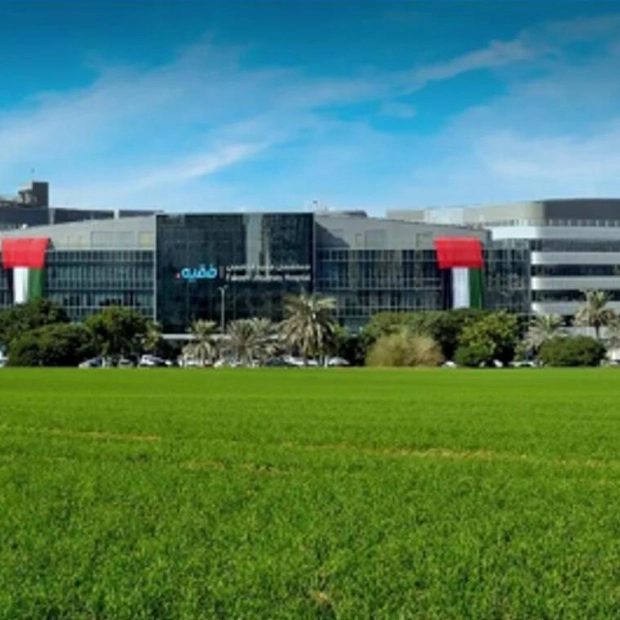A senior official revealed that the UAE once detected over 200,000 cyberattacks within a single week, with none managing to breach the systems. Dr. Mohammed Hamad Al Kuwaiti, chairman of the UAE Cybersecurity Council, noted that these attacks coincided with geopolitical tensions in the region. "The UAE is a financial hub, which sometimes attracts attacks targeting the financial sector. Thanks to our resilience, partnerships, and collaborations, no successful attacks occurred," Al Kuwaiti stated during a panel discussion titled 'State Cybersecurity Outlook: Shaping the Future of AI Digital Economy,' held on the third day of Gitex Global 2024 at Dubai World Trade Centre.
Senior officials and ministers from the US, Malaysia, Paraguay, the UK, and Cyprus also participated in the discussion. The UAE has been globally recognized for its efforts against cybercrimes, ranking among the highest-tier countries and role models for cybersecurity according to the Global Security Index 2024. "Cybercrimes, including fraud and scams, are prevalent, and awareness is the first line of defence," Al Kuwaiti added.
Addressing new technology adoption, Al Kuwaiti highlighted that the threat landscape escalates exponentially. "There are three primary threats: cybercrime, cyberterrorism due to geopolitical factors, and cyberwarfare targeting critical infrastructure like electricity, oil and gas, aviation, and healthcare. We are countering these threats across all platforms," he said. The UAE Cybersecurity Council is collaborating with partners to build a coalition and strengthen deterrence strategies.
Al Kuwaiti advocated for a 'Cyber Geneva Convention' to enhance collective government efforts against cyber threats. "Such a convention would make us feel secure, ensuring that businesses of all sizes feel safe online," he explained. The UAE is also updating its cybersecurity policies to align with the rapidly evolving industry, focusing on governance, defense, and protection. Cyber laws related to the Internet of Things (IoT) are being updated to cover a broad range of devices, from healthcare basics to oil and gas sensors. Additionally, a cloud-first policy is being enhanced to incorporate all necessary security measures.






